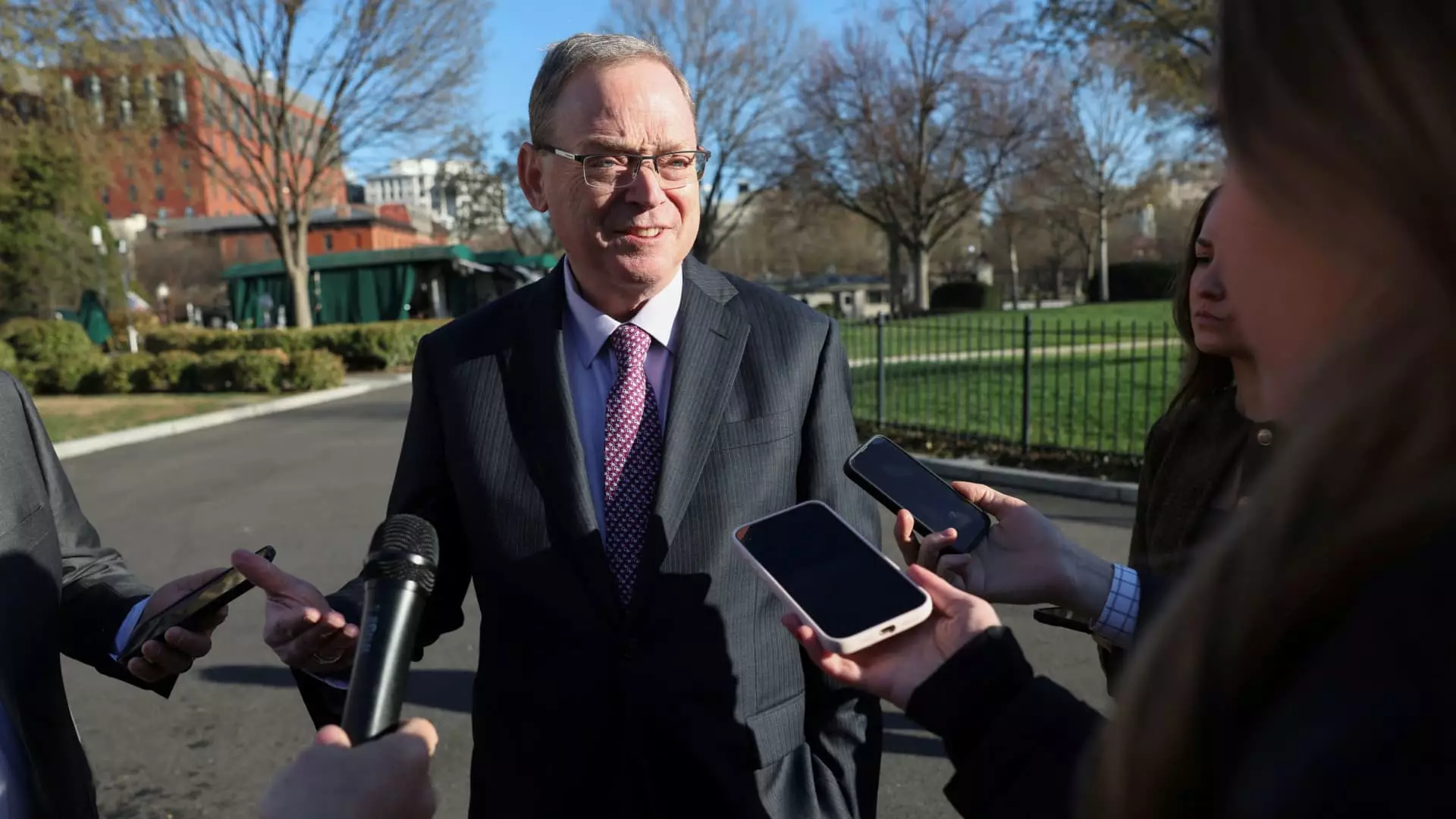In an era where facts often seem to bend under political pressure, the decision to fire the Bureau of Labor Statistics (BLS) commissioner raises profound concerns about the integrity of economic data. While some might dismiss this incident as an isolated administrative move, it signals a dangerous slope where economic figures become tools for political narratives rather than objective truths. Such actions threaten the very foundation of informed public discourse and undermine the essential trust citizens place in their institutions. When leaders tamper with or dismiss credible data, they jeopardize democratic accountability and the ability of citizens to make informed decisions.
The Threat of Data Manipulation: A Subtle Coup d’État
The rationale given for the BLS commissioner’s dismissal—disputed revisions in employment data—may seem technical or insignificant on the surface. However, these subtle shifts are symptomatic of a deeper malaise: the weaponization of official statistics. The claim that revisions in employment figures are “rigged” or “outliers” can be reframed as an attempt to delegitimize inconvenient truths, positioning political agendas above empirical evidence. Such tactics echo darker histories where governments and regimes have manipulated statistics to mask societal problems or inflate economic success. The attempt to control or dismiss independent data sources reflects a dangerous authoritarian tendency that threatens transparency and accountability.
Moreover, the handling of the BLS situation exposes a fundamental misunderstanding or deliberate disregard of the importance of statistical independence. The BLS, as a neutral arbiter of economic indicators, serves as a mirror reflecting the true state of the economy—flawed, perhaps, but honest. When political actors undermine this neutrality, they diminish the efficacy of their own accountability. If the public cannot distinguish between genuine economic performance and manipulated narratives, the entire democratic process becomes compromised.
The Consequences of Distrust: Eroding Public Confidence
This controversy feeds into a broader erosion of trust in government institutions, which are the backbone of a healthy democracy. When policymakers dismiss or dismissively treat statistical agencies, they signal to the populace that facts are malleable and that political convenience trumps truth. The firing of the BLS commissioner, especially amid noteworthy data revisions, sends a chilling message: that economic data can be silenced or distorted to fit political narratives. This erodes the credibility of an institution crucial for informed policy debates and public understanding.
Furthermore, the implications extend beyond mere perception. Politicizing economic data can distort policymaking, mislead investors, undermine financial markets, and exacerbate economic uncertainty. If the public begins to view official reports as biased or manipulated, the very foundations of economic stability—trust and transparency—are at risk. Stakeholders—from consumers to foreign investors—rely on accurate and honest data to make decisions. Undermining the credibility of this data thus endangers the economic well-being of the nation.
The Central Role of Ethical Leadership and Institutional Integrity
Championing integrity in economic data requires a firm commitment to shield agencies like the BLS from political interference. Leaders, especially those in center-left liberal positions advocating for social justice and economic equity, must recognize the importance of maintaining institutional independence. It is not enough to call for transparency; genuine leadership demands that political actors respect the processes that produce and verify facts, even when those facts threaten to expose uncomfortable truths or challenge policy narratives.
By defending the independence of statistical agencies, society affirms its commitment to truth and accountability. Otherwise, we risk constructing a political landscape where facts are negotiable commodities, and public trust becomes a casualty in the relentless pursuit of power. True liberalism, in this sense, involves safeguarding institutions that ensure fairness, fairness that rests on verifiable data rather than manipulated numbers.
Looking Forward: Rebuilding Trust in Data and Democracy
If society genuinely values democracy, we must prioritize mechanisms that protect the integrity of economic data. This might involve legislative reforms that enshrine the independence of statistical agencies or foster new standards of transparency that hold political actors accountable. The debate over alternative methods of data collection, hinted at by figures like Bank of America CEO Brian Moynihan, underscores the need for innovation—yet not at the expense of credibility.
The integrity of our economic data is a litmus test for democratic health. As instances like the BLS commissioner’s firing illustrate, we are at a crossroads. The path forward involves resisting attempts to politicize facts, insisting on independence and transparency, and recognizing that safeguarding the truth is integral to forging a resilient, fair, and trustworthy democracy. Any failure to do so risks not just statistical distortion but the very fabric of democratic accountability itself.


Leave a Reply